Comedy has always been a tool for Black women—an instrument to tell uncomfortable truths, uplift cultural narratives, and connect generations through laughter. But behind every punchline is a legacy of boldness and ingenuity that spans a century. From the smoky stages of the chitlin’ circuit to Netflix specials Black comediennes have navigated racism, sexism, and censorship to claim space in an industry that has often overlooked them. This is not just a list of names—it’s a timeline of revolutionaries who turned pain into performance, and wit into power.
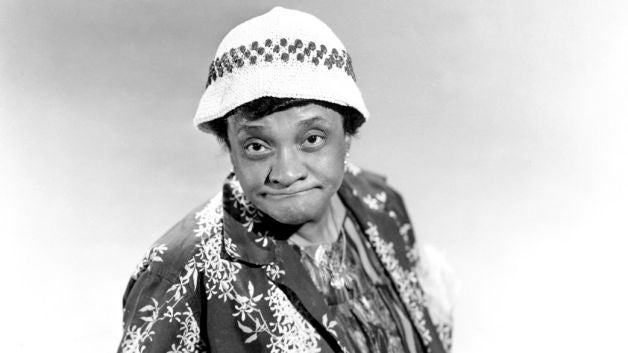
Moms Mabley
Born Loretta Mary Aiken in 1897, Moms Mabley was the godmother of stand-up comedy for Black women. Taking to the stage in the 1920s, she became the first female comic to grace the stage at Harlem’s Apollo Theater in 1939. With her signature house dress, floppy hat, and toothless grin, Mabley disarmed audiences while tackling taboo topics—racism, politics, sexuality—with fearless precision. She was also openly lesbian, a rare and radical act in her time. Mabley’s impact laid the groundwork for generations of women who would follow, proving that comedy wasn’t just a man’s game.

Lawanda Page
While many remember her as the quick-witted Aunt Esther on Sanford and Son, Lawanda Page was already a legend in Black comedy circles thanks to her raunchy stand-up sets on the chitlin’ circuit. Her Laff Records albums like Watch It Sucka (1972) and Pipe Layin’ Dan (1973) showcased a raw, X-rated humor that pushed boundaries. Page brought streetwise irreverence and church-house parody into her routines, proving that Black women could own their sexuality, and spirituality all at once.
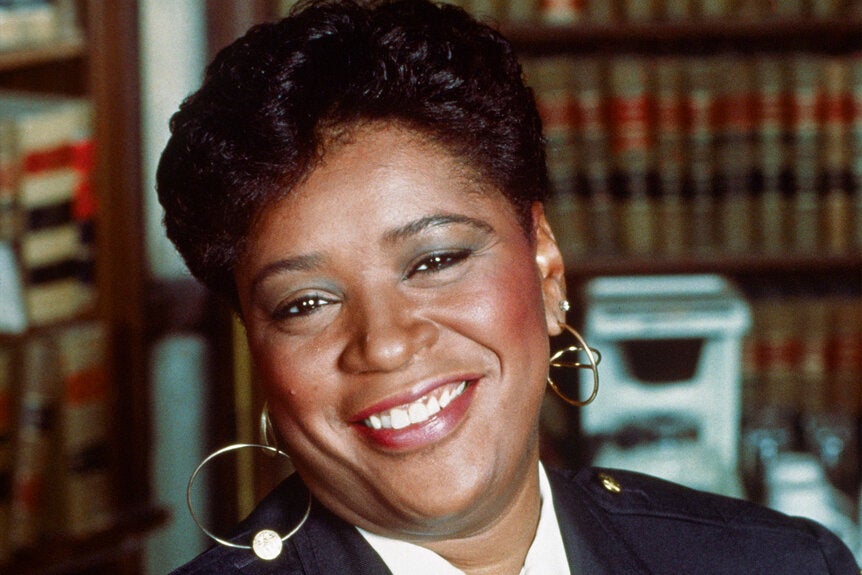
Marsha Warfield
Breaking into comedy in the late 1970s, Chicago native Marsha Warfield cut her teeth in a male-dominated field and stood out with her deadpan delivery and sharp intellect. After appearing on The Richard Pryor Show, she gained national fame as Roz Russell, the no-nonsense bailiff on Night Court. Warfield’s dry wit and commanding presence made her a household name, paving the way for intelligent, tough female characters in sitcoms and sketch comedy.

Sheryl Underwood
In 1989, Sheryl Underwood became the first woman to reach the finals of the Miller Lite Comedy Search, setting off a career that would blend military discipline (she served in the U.S. Air Force) with unfiltered humor. Known for her bold, bawdy stand-up routines, Underwood earned respect as a trailblazer in both stand-up and television. Today, she holds the distinction of being the longest-serving co-host on CBS’s The Talk.
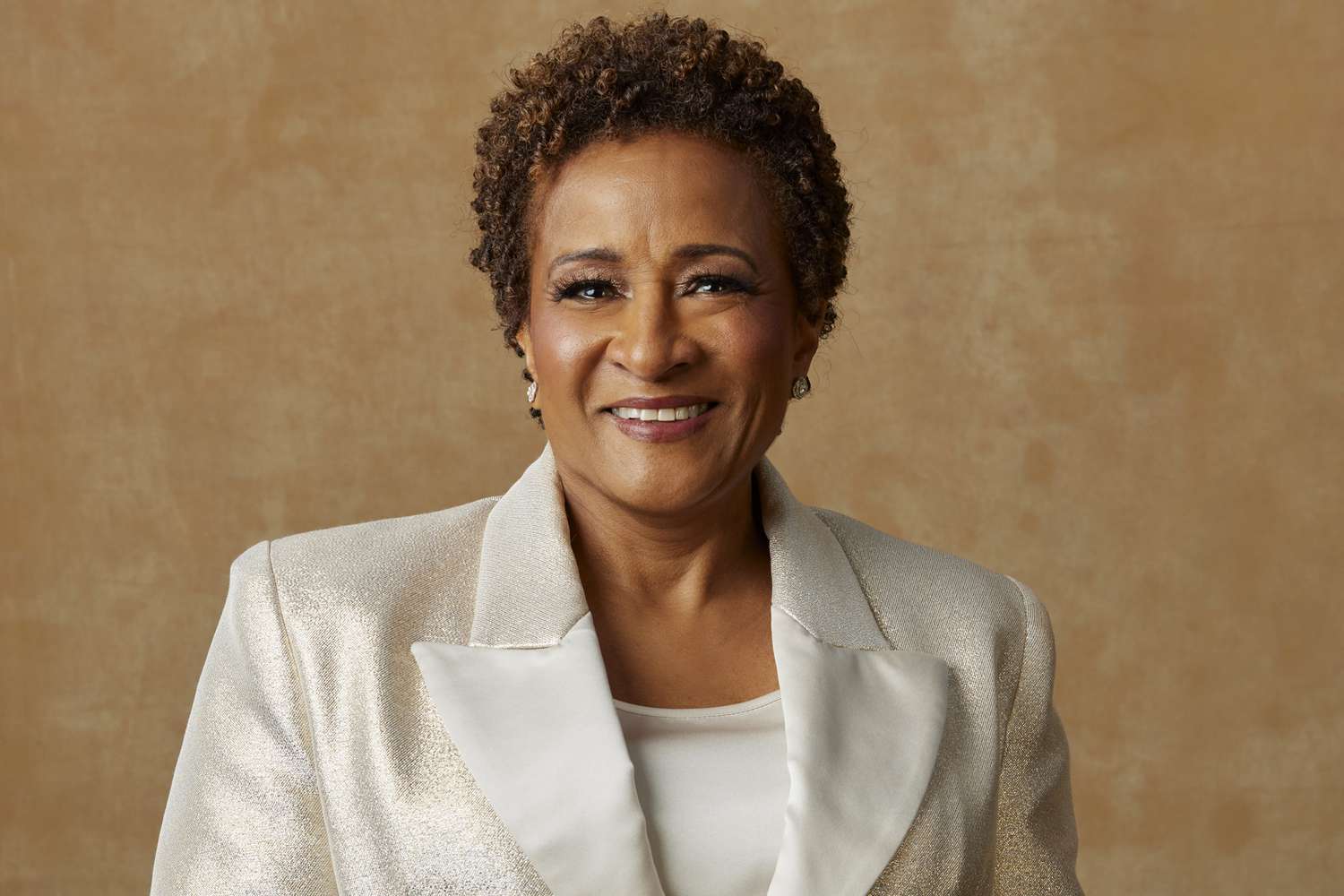
Wanda Sykes
Wanda Sykes burst onto the mainstream as a writer and cast member of The Chris Rock Show, but it was her acerbic wit and fearless voice that earned her lasting fame. From Curb Your Enthusiasm to Black-ish and now, The Upshaws, Sykes has masterfully blended social commentary and absurdity. An openly lesbian Black woman, she’s redefined what representation in comedy looks like.
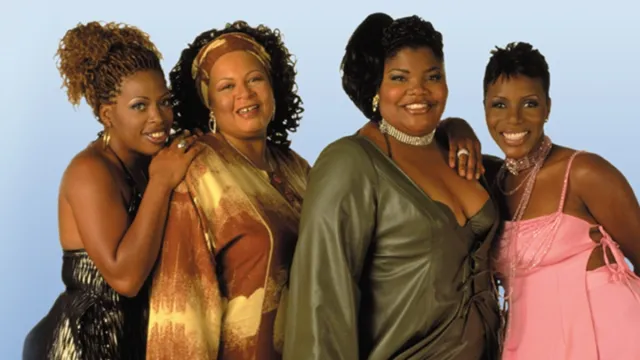
The Queens of Comedy: Mo’Nique, Sommore, Adele Givens, Laura Hayes
In 2001, The Queens of Comedy put a crown on four fierce stand-up veterans—Mo’Nique, Sommore, Adele Givens, and Laura Hayes—who had long ruled the underground comedy scene. Their televised Memphis tour brought unapologetic Black womanhood to center stage. Mo’Nique’s celebration of big girls, Sommore’s satirical takes on relationships, and Givens’ unfiltered musings showed the full range of Black women’s comedic perspectives.

Tiffany Haddish
With Girls Trip in 2017, Tiffany Haddish went from underground comic to mainstream star overnight. Her fearless performance—and subsequent media appearances—showcased a new generation of comedic candor. With an Emmy for SNL hosting and a Grammy for her stand-up album Black Mitzvah, Haddish became the second Black woman to win in that category after Whoopi Goldberg. Her comedy, like her memoir The Last Black Unicorn, is rooted in survival and truth-telling, echoing the path paved by Moms Mabley nearly a century earlier.
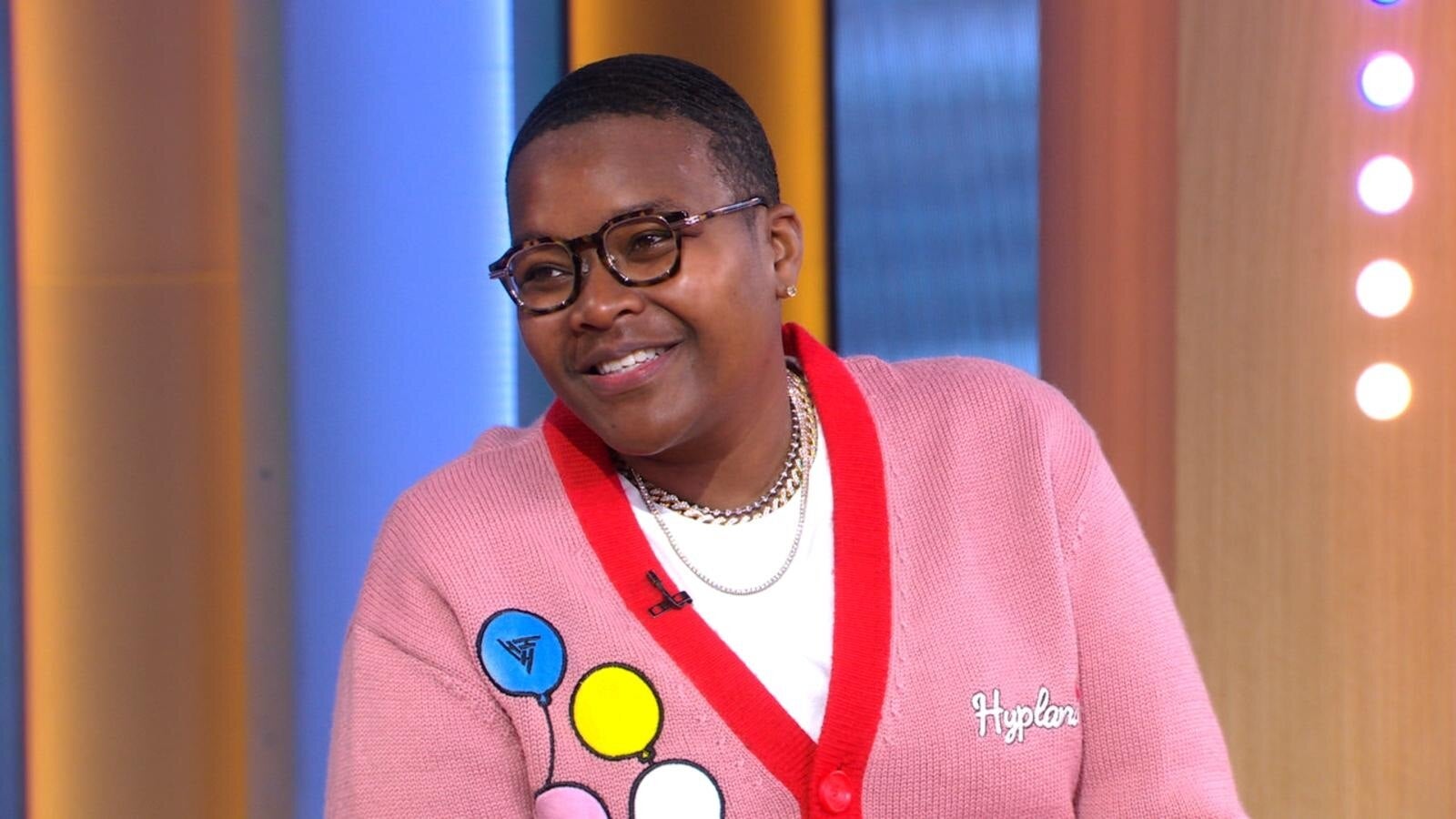
Sam Jay
A Boston native and SNL’s first Black lesbian writer, Sam Jay brings a millennial edge to comedy that blends cultural critique with introspective cool. Her HBO series Pause with Sam Jay and stand-up specials like 3 in the Morning pull no punches, deconstructing everything from racism to gender politics with sharp timing and conversational realness. She’s part of a new wave of comedians who are challenging the status quo in both content and format.

Yvonne Orji
Known to many as Molly on HBO’s Insecure, Yvonne Orji’s stand-up comedy is deeply shaped by her Nigerian upbringing, her Christian faith, and her American experience. In Momma, I Made It! she weaves those threads into a comedy tapestry that celebrates cultural identity while addressing the pressures of modern womanhood. Orji proves that you don’t have to be raunchy to be real—and you don’t have to sacrifice your values to get the laugh. Catch her now hosting Pop The Balloon Live on Netflix, the live version of the YouTube dating show.
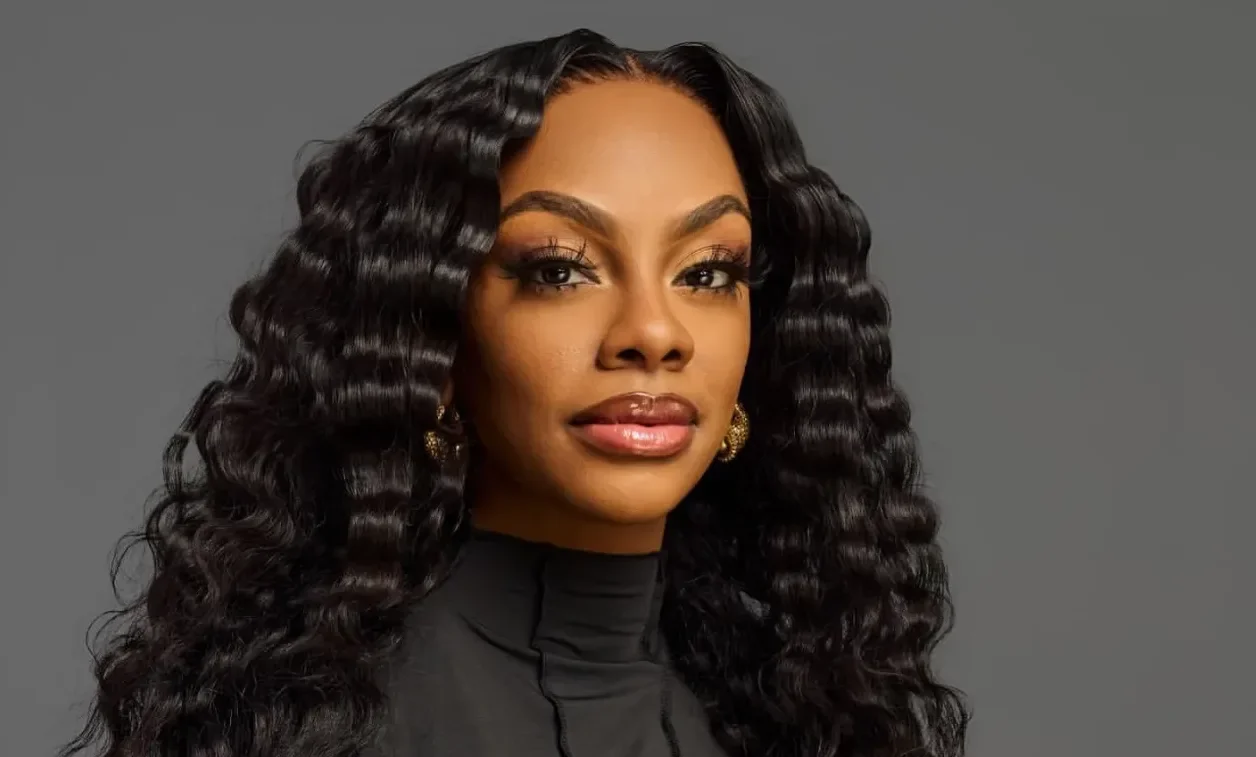
Jess Hilarious and the Internet Era
The digital age ushered in a new class of comedians, and Jess Hilarious is one of the standout stars. With her Instagram segment Jess with the Mess, she took raw Baltimore energy and turned it into viral gold. Now a co-host on The Breakfast Club and a rising star on the stand-up circuit, Jess represents the new hustle—building a comedy empire through social platforms.
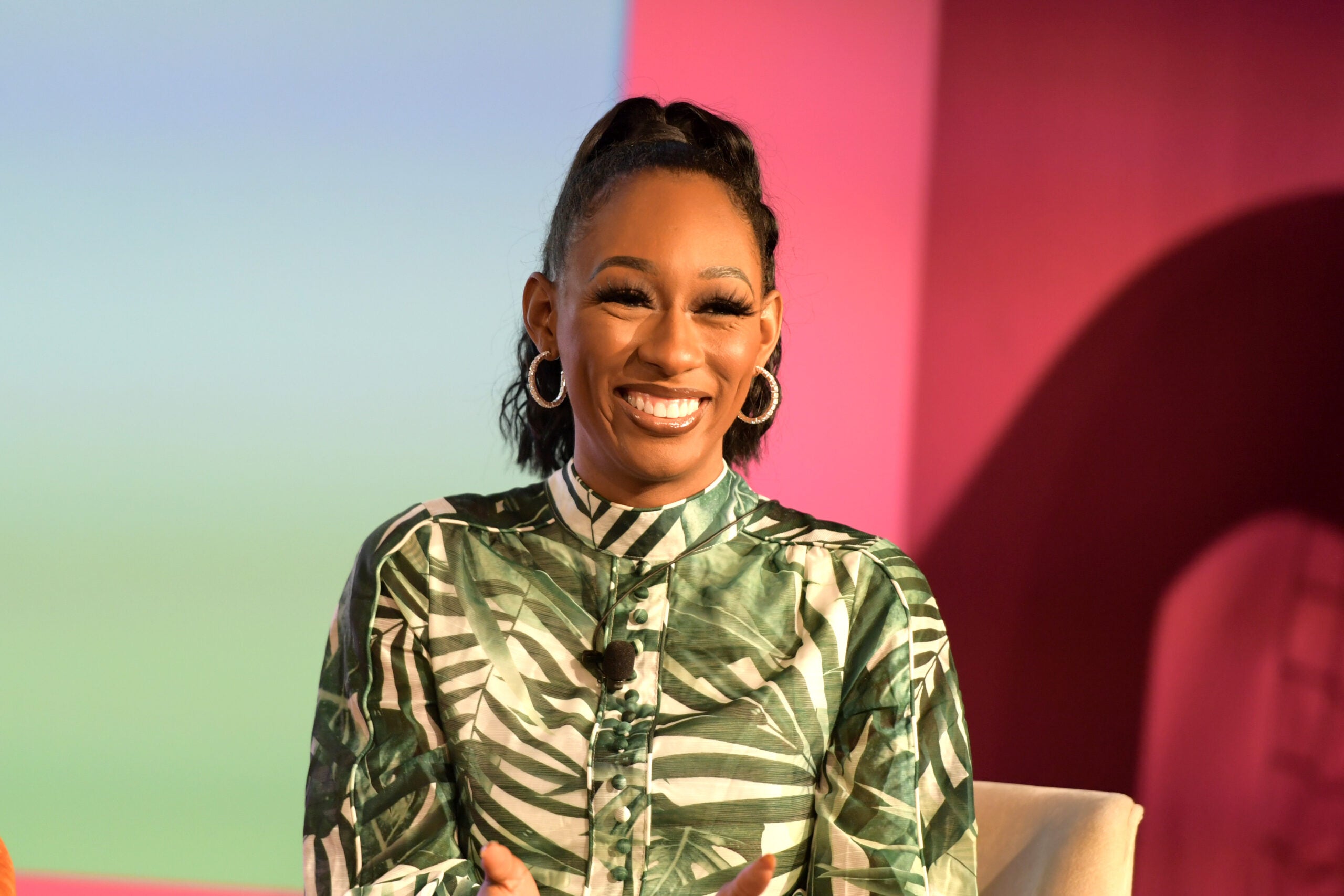
Pretty Vee, Lala Milan, and Jasmin Brown: The Digital Divas
Instagram stars like @YesImPrettyVee and @LalaMilan have proven that you don’t need a comedy club to build an audience. Their content—ranging from beauty tutorials to hilarious skits—blends fashion, personality, and punchlines, creating a space where comedy is as visual as it is verbal. Meanwhile, Jasmin Brown has bridged the gap between sketch and stage, with national tours and TV hosting gigs that reflect the new age of performance comedy.
From vaudeville stages to viral reels, Black women in comedy have carved out space where none existed. Their comedy is protest, healing, joy, and celebration all at once—a reflection of how laughter can break chains and build bridges. In honoring their journey, we’re continuing their legacy.







